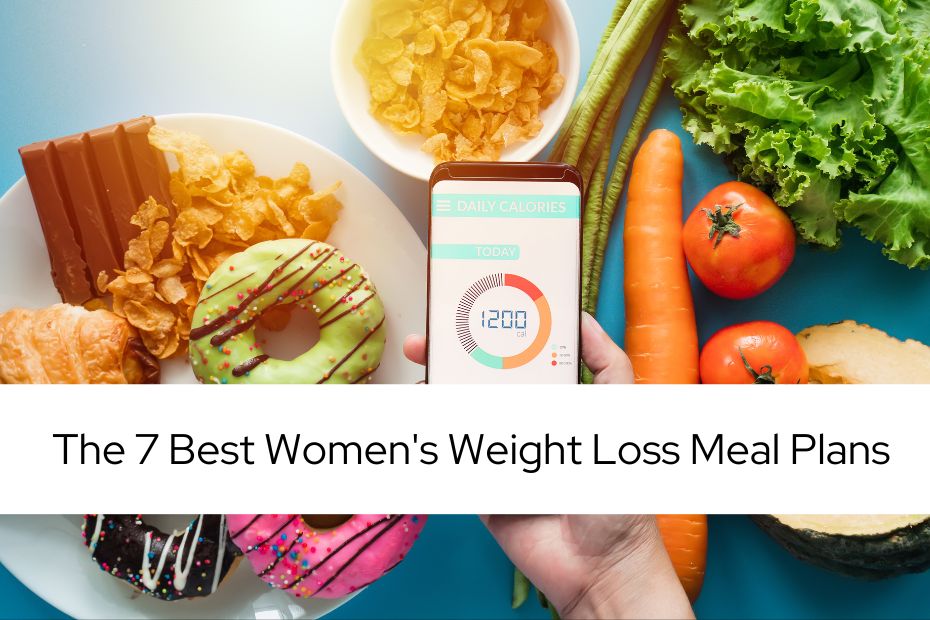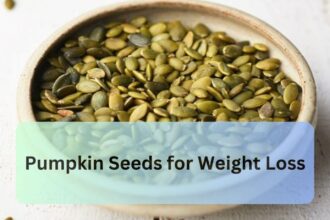There is a plethora of different diet regimens and meal plans available, many of which are tailored exclusively for ladies who are attempting to shed excess pounds.
However, not every meal plan is created equal when it comes to its ability to help people shed extra pounds.
In point of fact, despite the fact that many dietary programs are risk-free, healthful, and sustainable, there are those that are useless, difficult to adhere to, or even outright deadly.
Here are seven of the most effective meal plans for women to use while trying to lose weight.
Many women have the objective of improving their diet while also reducing their body fat percentage. Developing an appropriate meal plan is essential to getting outcomes that can be maintained over time. Here are seven successful meal plans for weight loss that are catered to the specific requirements of women:
- The Mediterranean Diet The Mediterranean diet places an emphasis on eating foods that are entire, such as fruits, vegetables, whole grains, lean proteins, and healthy fats. This eating plan is beneficial for heart health and weight reduction since it restricts processed foods and added sugars while emphasizing the use of olive oil, nuts, seeds, and omega-3 fatty acids derived from fish.
- The Low-Carb Diet: The low-carb diet is an excellent choice for reducing the amount of carbohydrates consumed since it places an emphasis on low-fat meats such as fish, chicken, and plant-based choices. By eating fewer items that are high in refined carbohydrates and sugar, you will find that it is easier to maintain the weight reduction that you have achieved.
- Plant-Based Diet: A diet consisting mostly of foods produced from plants, the plant-based diet emphasizes the consumption of plant-based foods such as fruits, vegetables, legumes, grains, and nuts. Essential nutrients may be obtained through plant-based proteins such as tofu and lentils, and general health can be supported by consuming healthy fats such as avocados and olive oil.
- Intermittent Fasting: During a time of intermittent fasting, you will cycle between periods of eating and periods of not eating. When there are opportunities to eat, you should put an emphasis on eating well-rounded meals that include foods high in nutrients. Maintain a healthy level of hydration, and while you are eating, resist the need to overindulge.
- The Keto Diet: The keto diet emphasizes eating foods that are high in fat and low in carbohydrates, such as avocados, eggs, almonds, and fatty fish. If you reduce the amount of carbohydrates you eat, your body will enter a state called ketosis, which causes it to start using fat for energy instead of carbohydrates. Keeping track of your protein consumption when in ketosis is helpful.
- The Paleo Diet: The Paleo Diet places an emphasis on eating foods in their original, unprocessed forms. A return to the fundamentals necessitates the exclusion of processed foods, grains, dairy products, and legumes, while the base of the diet is composed of lean meats, fish, fruits, vegetables, nuts, and seeds.
- Calorie-Controlled Balanced Diet: This individualized strategy entails estimating daily calorie needs depending on weight reduction objectives in order to get optimal results. Prepare meals that are well-rounded by include lean meats, whole grains, healthy fats, and plenty of fruits and vegetables. When trying to maintain a healthy weight and adhere to calorie goals, portion management is essential.

How to pick the right eating plan for weight loss
When searching for the diet that will work best for you, it is essential to keep a few considerations front and center.
To begin, you should be sure to take into account both your particular demands and preferences.
Some people may find that following a diet that is very organized to be enjoyable, while others may find that following a diet that is somewhat more flexible to be more appealing.
It’s possible that certain meal plans demand more time and effort than others, which is something that women who don’t want to measure their portions or keep track of what they eat should take into mind.
Be mindful to steer clear of regimens that cut out whole food categories or place excessive restrictions on what you may eat. These meal plans are not only more difficult to follow over the course of a longer period of time, but they can also make it much more difficult to obtain all of the nutrients that your body requires.
Before making any significant alterations to your diet, it is strongly recommended that you consult with a medical expert first. This is of utmost significance if you already suffer from any preexisting health issues or are already taking any drugs.
Conclusion
It is highly recommended that a person get the advice of a qualified dietician or a healthcare practitioner before beginning any new meal plan. The nutritional needs of a person will differ depending on their objectives, preferences, and current state of health; these programs should be adapted to meet their unique needs. It is vital to have a comprehensive strategy that combines a planned eating plan, regular physical exercise, and a positive mentality in order to achieve long-term success in terms of weight reduction and general well-being.





